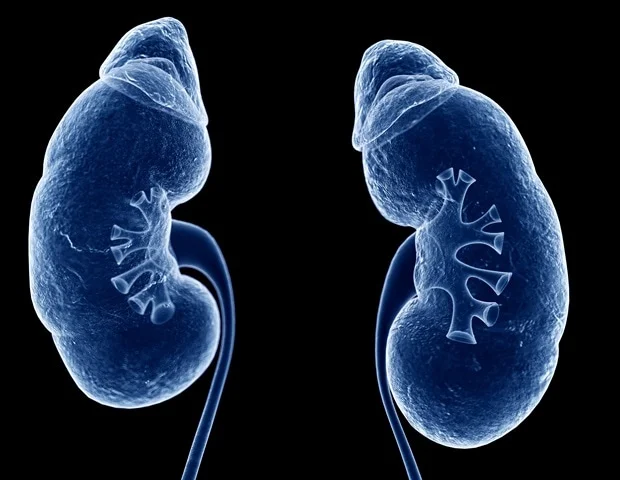
In patients with advanced chronic kidney disease (CKD), receiving high intensity care before death was linked with lower family satisfaction with care, while receiving palliative and hospice care was associated with greater family satisfaction. The findings, which appear in an upcoming issue of CJASN, raise concern that the intensive patterns of care directed at life extension rather than comfort received by many of these patients near the end of life may reflect low quality care.
Previous research has shown that despite their limited life expectancy and high symptom burden, patients with advanced CKD often receive relatively aggressive care towards the end of life directed at life prolongation. To examine how patterns of care at the end of life for patients with advanced CKD relate to their families' perceptions of their care, Claire Richards, PhD, RN (Department of Veterans Affairs and University of Washington School of Public Health) and her colleagues analyzed information from a survey administered to 5,435 bereaved family members of patients with advanced CKD who died in Department of Veterans Affairs' facilities between 2009 and 2015.
The analysis revealed that 54% of patients spent 2 or more weeks in the hospital in the last 90 days of life, 34% received an intensive procedure in the last 30 days, 47% were admitted to the intensive care unit in the last 30 days, 36% were receiving hospice services at the time of death, and 38% received a palliative care consultation in the last 90 days.
Most patients (55%) had not been treated with dialysis, 12% had received acute dialysis, and 34% had received maintenance dialysis. Patients treated with acute or maintenance dialysis had more intensive patterns of end-of-life care than those not treated with dialysis. After adjusting for patient and facility characteristics, receiving more intensive patterns of end-of-life care and receiving maintenance (but not acute) dialysis were associated with lower overall family ratings of care, whereas receiving palliative care and hospice services was associated with higher ratings.
In general, patients who received more aggressive end-of-life care focused on life extension--including spending more time in the hospital and receiving intensive procedures such as CPR and mechanical ventilation - had less favorable family ratings of end-of-life care while those who received palliative care - especially hospice services--had more favorable ratings. Although family ratings of care were less favorable for patients who had been on maintenance dialysis than for those not treated with dialysis, this appeared to be explained by their more aggressive patterns of care and more limited use of palliative care and hospice services."
Claire Richards, PhD, RN, Department of Veterans Affairs and University of Washington School of Public Health
American Society of Nephrology
Journal reference:
Richards, C.A. et al. (2019) Family Perceptions of Quality of End-of-Life Care for Veterans with Advanced CKD. CJASN. doi.org/10.2215/CJN.01560219.






No comments
Post a Comment